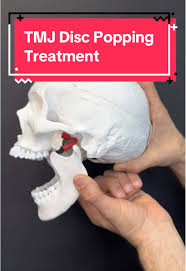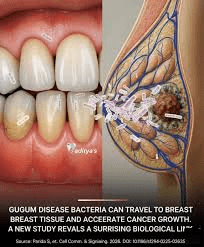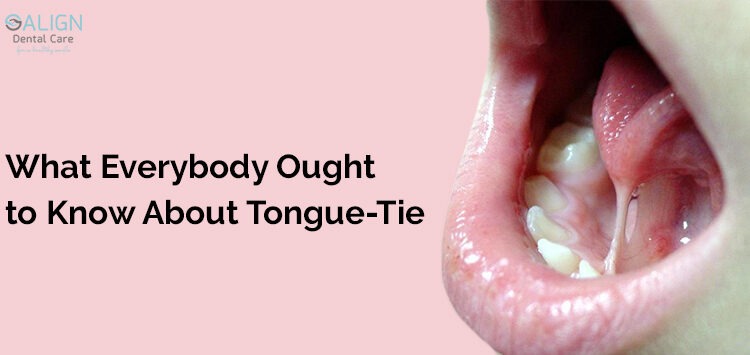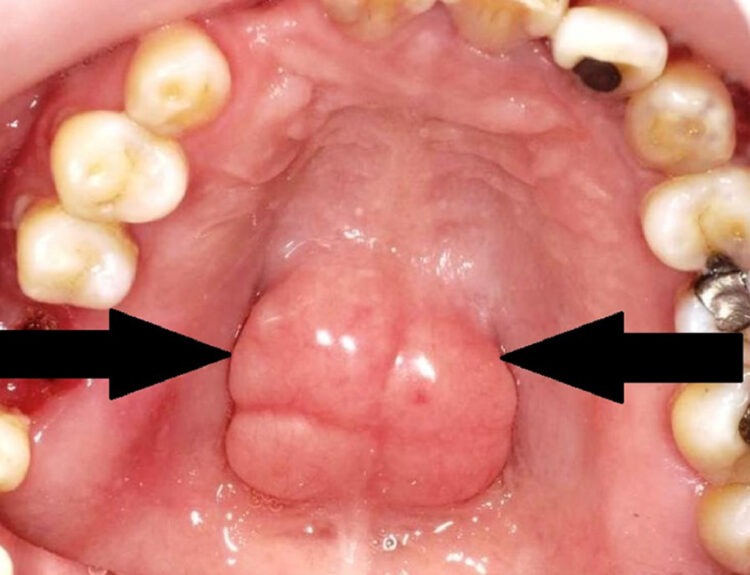The temporomandibular joint (TMJ) is a complex structure that connects the jawbone to the skull. It allows essential movements such as chewing, speaking and yawning. However, repeated popping or clicking of the TMJ can indicate an underlying issue that may lead to discomfort, pain or even dysfunction. Understanding the causes and effects of TMJ popping enables individuals to take proactive steps toward management and relief.
Causes
Several factors contribute to the repeated popping of the TMJ:
- Disc Displacement: The TMJ contains a small cartilage disc that facilitates smooth jaw movement. When this disc shifts out of place, it can cause clicking or popping sounds during jaw movements.
- Bruxism (Teeth Grinding): Habitual grinding or clenching of teeth can exert excessive pressure on the TMJ, leading to wear and tear of the joint and its associated structures.
- Hyperextension: Excessive opening of the mouth, such as during yawning or dental procedures, can overstretch the joint, leading to popping sensations.
- Arthritis: Osteoarthritis or rheumatoid arthritis can degrade the joint cartilage, making movements less smooth and consequently increasing the likelihood of popping.
- Trauma or Injury: A direct impact on the jaw from an accident, sports injury or blow can disrupt the joint function, resulting in popping sounds.
- Malocclusion: Misalignment of the teeth creates uneven pressure on the TMJ. It, therefore, leads to instability and repetitive popping.
- Weak or Tight Muscles: Muscle imbalances in the jaw or neck can contribute to improper movement of the TMJ, causing clicking sounds.
Effects
While occasional popping or clicking may not be a cause for concern, frequent or persistent popping leads to several complications:
- Pain and Discomfort: Chronic TMJ popping is generallyaccompanied with pain in the jaw, face or even headaches.
- Lockjaw: In severe cases, the TMJ may become temporarily stuck in an open or closed position, leading to difficulty in movement.
- Difficulty in Chewing: The irregular movement of the TMJ can make chewing painful or inefficient.
- Tinnitus and Ear Pain: Since the TMJ is located close to the ear, repeated dysfunction can contribute to ear pain, ringing (tinnitus) or a feeling of fullness.
- Inflammation and Joint Damage: Over the period of time, continued strain on the TMJ can lead to inflammation and joint degeneration.
Management and Treatment
Managing a repeatedly popping TMJ depends on its severity and underlying cause. Some effective approaches include:
Self-Care and Lifestyle Changes:
Avoid excessive jaw movements such as wide yawning or excessive gum chewing.
Practice good posture to reduce strain on the TMJ and neck.
Apply warm or cold compresses to alleviate pain and inflammation.
Jaw Exercises and Physical Therapy:
Strengthening and stretching exercises can help improve joint stability and function.
Massage therapy may relax tense muscles and promote better movement.
Dental Treatment:
Custom-made mouthguard or splint can help reduce teeth grinding as well as ease TMJ strain.
Orthodontic treatment may be necessary if misalignment contributes to TMJ issues.
Medication:
Over-the-counter pain relievers, anti-inflammatory medicines or muscle relaxants may provide temporary relief.
In some cases, steroid injections can be used for severe inflammation.
Surgical Intervention:
If conservative treatments fail, procedures such as arthrocentesis (joint flushing) or TMJ surgery may be considered, though surgery is typically a last resort.
Read our full disclaimer.




